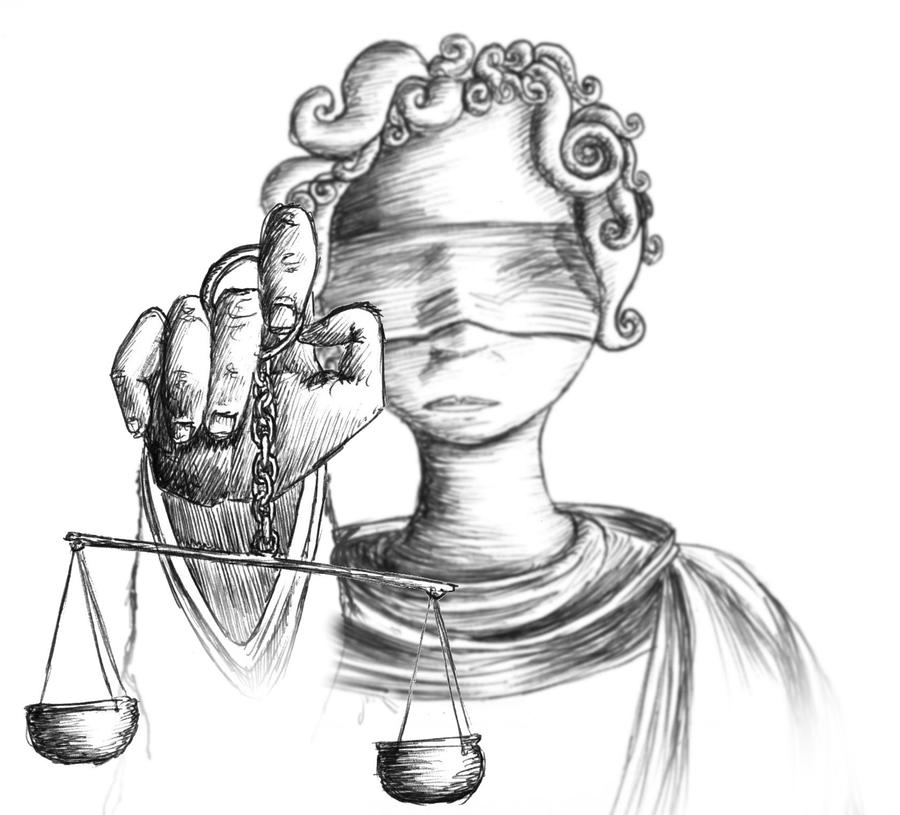I should start out by stating that I do actually believe in expository preaching.
Preaching should be about a Biblical text being opened up to the hearers in the great tradition going back at least as far as Origen and practised by such worthies as Chrysostom, Bernard of Clairvaux, Calvin, Jean Claude, Spurgeon and Martyn Lloyd-Jones.
That being said more often that not I find myself objecting to expository preaching or at least wishing it was practised better.
In a nutshell I suppose the weakness is that the great oracles of the Almighty are reduced to propositional points, usually directive in content and far too often artificially alliterative or memorable in a reductionist way. You know the sort of thing: no, slow, grow and go (I think that was a talk on God's answer to prayer for guidance).
Preaching, it seems to me, is not just about explaining; preaching is about doing.
Doing what? A simple first answer would be the classic triad: observe-interpret-apply. In terms of preaching that might mean telling the story, making the point and calling for a response. A preacher should be aware of what he is doing, what function he is performing at a given moment of the sermon. The check-list question is then not: Have I said this? Did I transmit this information? But rather, Have I told them the story? Have I got the point across? Have they heard the call to make a response?
Beyond the simple triad there are multiple things which a preacher can do, rhetorical functions which he (yes, forgive my conservative pronouns) performs as he gets across God's Word. Raising a question. Finding common ground. Identifying a shared life situation or issue. Challenging an attitude or action. Reaffirming a conviction. Motivating to action. Calling to worship. (I can feel that this list is not exhaustive by any means.)
I think it is helpful to think of preaching as an act rather than simply as the transmission of information.
"And we also thank God continually because, when you received the word of God, which you heard from us, you accepted it not as a human word, but as it actually is, the word of God, which is indeed at work in you who believe." (1 Thessalonians 2:13)
Preaching should be about a Biblical text being opened up to the hearers in the great tradition going back at least as far as Origen and practised by such worthies as Chrysostom, Bernard of Clairvaux, Calvin, Jean Claude, Spurgeon and Martyn Lloyd-Jones.
That being said more often that not I find myself objecting to expository preaching or at least wishing it was practised better.
In a nutshell I suppose the weakness is that the great oracles of the Almighty are reduced to propositional points, usually directive in content and far too often artificially alliterative or memorable in a reductionist way. You know the sort of thing: no, slow, grow and go (I think that was a talk on God's answer to prayer for guidance).
Preaching, it seems to me, is not just about explaining; preaching is about doing.
Doing what? A simple first answer would be the classic triad: observe-interpret-apply. In terms of preaching that might mean telling the story, making the point and calling for a response. A preacher should be aware of what he is doing, what function he is performing at a given moment of the sermon. The check-list question is then not: Have I said this? Did I transmit this information? But rather, Have I told them the story? Have I got the point across? Have they heard the call to make a response?
Beyond the simple triad there are multiple things which a preacher can do, rhetorical functions which he (yes, forgive my conservative pronouns) performs as he gets across God's Word. Raising a question. Finding common ground. Identifying a shared life situation or issue. Challenging an attitude or action. Reaffirming a conviction. Motivating to action. Calling to worship. (I can feel that this list is not exhaustive by any means.)
I think it is helpful to think of preaching as an act rather than simply as the transmission of information.
"And we also thank God continually because, when you received the word of God, which you heard from us, you accepted it not as a human word, but as it actually is, the word of God, which is indeed at work in you who believe." (1 Thessalonians 2:13)
